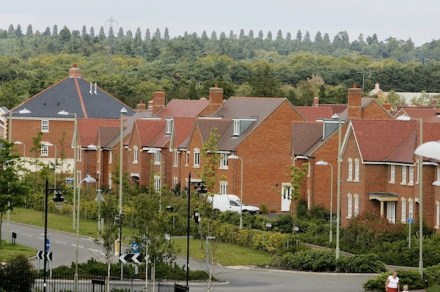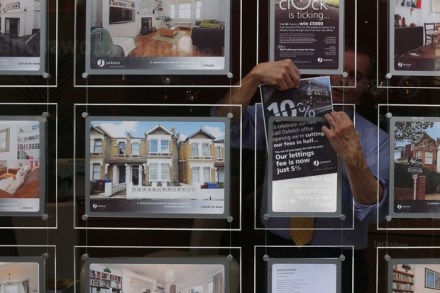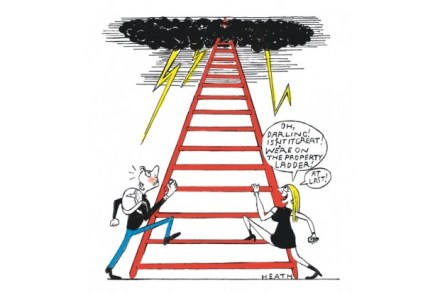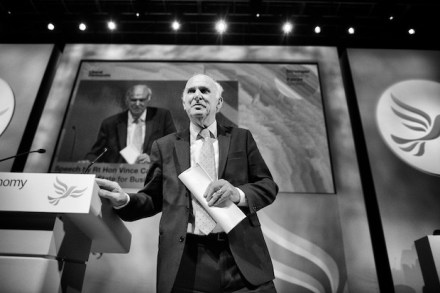Why Osborne’s recovery might not be based on debt
Is George Osborne’s recovery a credit-driven illusion? Many of his critics says so, and ask – as this magazine did two weeks ago – why we still have emergency interest rates at a time when the economy seems to be booming. One thing we learned from the crash is that cheap debt and housing bubbles can end in disaster, and with his interventions in the mortgage markets, it looks like Osborne could be blowing a bubble now. But striking research suggesting otherwise was released today by Citi’s Michael Saunders, Coffee House’s favourite economist:- Citi’s research found that the economy’s growth has happened while the private sector has been paying down





















